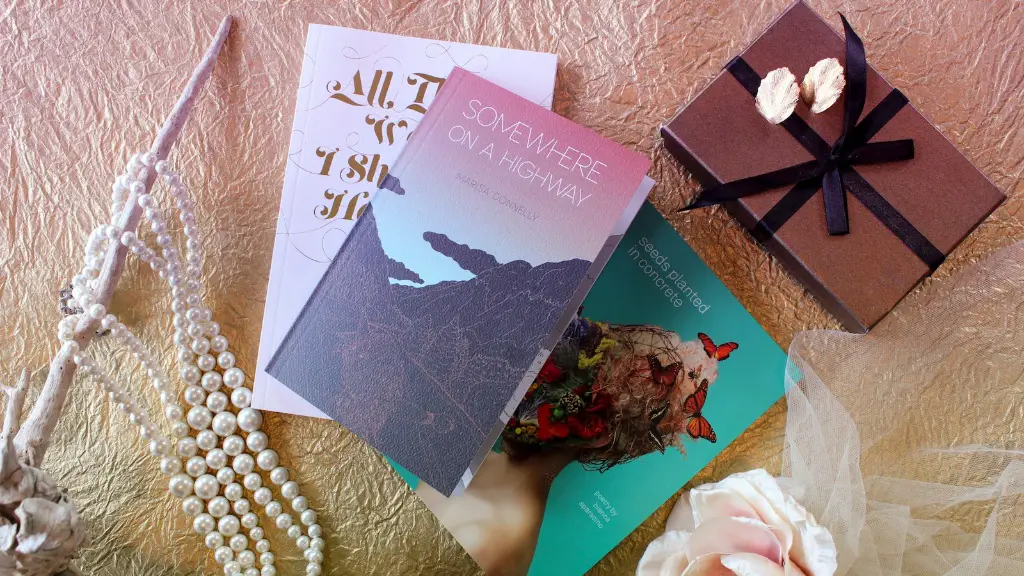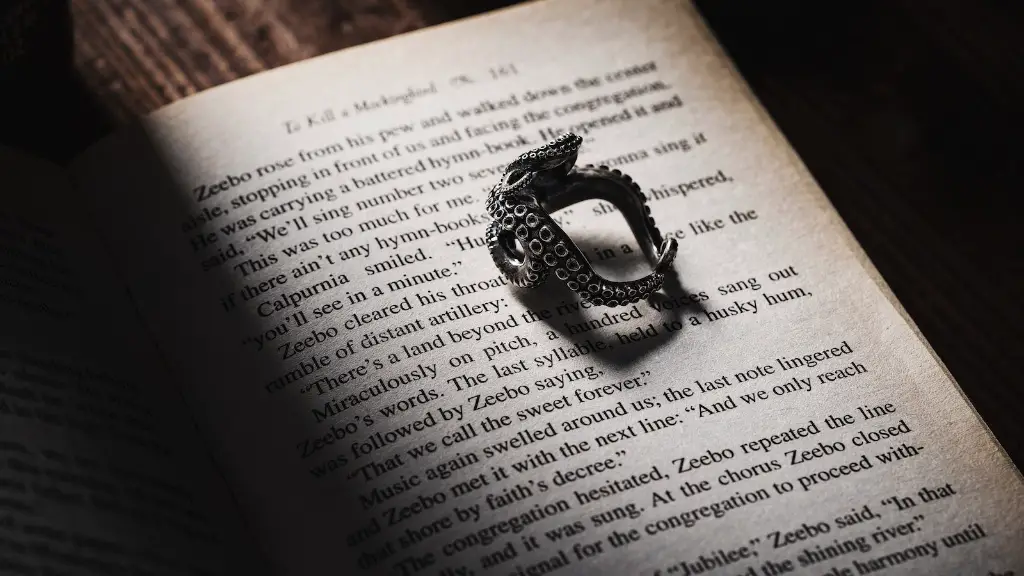Oscar Wilde is one of the most celebrated literary figures of the 19th century.Born in Dublin in 1854, Wilde is best known for his profound wit, flair for the dramatic, and persistent questioning of the status quo. Despite a troubled past, including a mere two year stint in jail for ‘gross indecency’, Wilde’s influence on modern culture continues to be unmistakable.
Wilde is perhaps best known for his many masterpiece plays, including The Importance of Being Earnest, Lady Windermere’s Fan, and An Ideal Husband, all of which explore the hypocrisies and constraints of Victorian society. Although many of his works were originally met with meager public response, Wilde’s crafty dialogue and satirical subject matter have made him a celebrated figure among modern audiences.
In addition to his plays, Wilde wrote an array of poems, short stories, and essays. His novel, The Picture of Dorian Gray, is considered one of the best pieces of British fiction and has been praised by many celebrated authors. Wilde’s writing was often filled with implied social critique, a trait that endeared him to readers but also caused controversy in and around conservative Victorian England.
Wilde’s seemingly paradoxical lifestyle was invariably coupled with a distinct aesthetic that has since become iconic and globally recognizable. His flair for fashion and style was unparalleled and was perhaps a natural extension of his bold, famously confident persona. His words and life continue to be examined and reinterpreted by fans, scholars and actors alike.
Wilde’s rise to literary stardom, much like the themes found in his works, directly challenge social conventions and the boundaries of self-expression and freedom in the world. His work served as a reflection of his opposition toward the rigid conventions of the Victorian Era.
Wilde influenced the literary canon for many years, and his popularity continues to endure throughout the modern world with adaptations of his works across all mediums of art, from theater to movies and TV shows. His words and ideas have even lent themselves to pop culture, inspiring people to challenge their environment and question the so-called accepted norms.
Oscar Wilde is a testament to his perseverance and insight into the complex human condition, inspiring all kinds of people to think differently, dream boldly, and live brightly.
Early Life and Works
Oscar Wilde was born into an intellectual family and steeped in a variety of cultures and experiences. His father, a doctor, wrote books on aestheticism – the strand of thought to which Wilde’s works are connected – and was a major influence on his son’s creative world view from an early age. Wilde’s mother was a gifted Irish poet, and he spent his early school years in Dublin before moving to Oxford to pursue his education.
At Oxford, Wilde studied Greek and Roman literature, and his love for both the classics and aestheticism flourished. It was in college that Wilde wrote his first works, which included short stories, poems, and critical essays. His creative output in college would set the stage for him as a writer and playwright.
After graduation, Wilde moved to London and set out to make his name in literary circles. It was here that Wilde wrote and produced his first commercially successful play, The Importance of Being Earnest. He continued to write and produce plays over the following decade, including Lady Windermere’s Fan and An Ideal Husband.
Wilde even wrote a novel, The Picture of Dorian Gray, considered by many one of his most brilliant works. In it, Wilde puts forth his views on the nature of art, morality, and the oppressive role of societal constraints.
Rather than use his writing as an instrument of masquerade, Wilde embraced the spotlight and garned much attention for his flamboyance and often provocative style. He became a major figure in the Victorian art scene, appreciated for his wit and charm.
Contrasting Lifestyles
Oscar Wilde prided himself on his intellectual abilities and talents as a writer, collaborating with London’s wealthy social circle. He lived in luxury and extravagance, surrounded by admirers and often in the midst of controversy.
At the same time, Wilde was open about his disbelief in conformity or convention. He was adamant about ‘living a life of pleasure’, but sought purpose and meaning in the pursuit. His writing was filled with duality and irony, a central theme of Wilde’s worldview.
During this eclectic chapter in Wilde’s life, he became romantically and emotionally involved with Lord Alfred Douglas (Bosie). This affair set off a series of events that would ultimately put an abrupt end to his personal and professional life.
Wilde’s trial for indecent acts and subsequent imprisonment for two years opened the eyes of the world to the double standards and moral codes of Victorian England. The experience also forced Wilde to reexamine his life, which influenced his works while in jail.
The ballad of Reading Gaol, Wilde’s long poem on prison life is arguably his most powerful work while in jail. The literary brilliance found within the Ballad echoes Wilde’s preoccupation with thought-provoking dualities during this transformative period in his life.
Banished in Exile & Death
After his jail sentence, Wilde was released and sent into exile, leaving England and his work behind. His health and body slowly deteriorating, Wilde spent the last three years of his life across Europe, trying to live a life away from public scrutiny and criticism.
As Wilde’s health further declined, he found solace in religion and, towards the end of his life, converted to Catholicism – a move which caused much controversy after his death. Eventually, he passed away in Paris in 1900, leaving behind a lasting legacy that is still celebrated to this day.
Wilde’s works have lived on, translated into more than 20 languages, boldly challenging conventions and inspiring people to pursue their passions and ideas. His writing stands as a testament to his dedication and quest for freedom, questioning the authorities of Victorian-era England and resonates loudly in the modern world.
Popular Influence & Cultural Legacy
The worldwide acceptance of Wilde’s works has allowed people to reinterpret his writing in many different ways. His books, plays, poems, and essays have all been adapted across several mediums, from theatre to TV and movies. His writing has appeared in popular music and continues to inspire pop culture of all sorts.
Wilde’s works have been translated into over 20 languages, making his ideas accessible to people all over the world. His work has been praised and analyzed by celebrated authors and theorists, including Arthur Symons and Harold Bloom.
Wilde’s influence on popular culture is undeniable. His bold take on existence speaks to an optimism that the world can change and the courage to challenge authority. His quote “be yourself; everyone else is already taken” speaks to the celebrations of self-expression and non-conformity, values that remain as true today as they were in his life.
Influence on Modern Thought
Wilde’s writing often contained elements of social criticism, often pointing out the hypocrisy of the times. His works embody the idea that one should be the authority of their own lives, that freedom of expression and thought is a right and that one should always question convention.
Wilde’s works continue to challenge readers to question and challenge the status quo, something that is paramount in today’s society. His ability to mix humor and irony with thoughtful concepts inspiring people to think for themselves and be opened to alternative points of view.
Wilde’s influence on modern thought can be seen in the way we address issues like social norms, environmentalism, gender identity and sexuality. Wilde’s works are often invoked in these conversations, his words inspiring and emboldening those who struggle for equality and justice.
His legacy is one of paradox, wit, perseverance and the freedom to challenge and think outside the box. His works continue to entertain, move and inspire people around the world and will no doubt stand the test of time.





